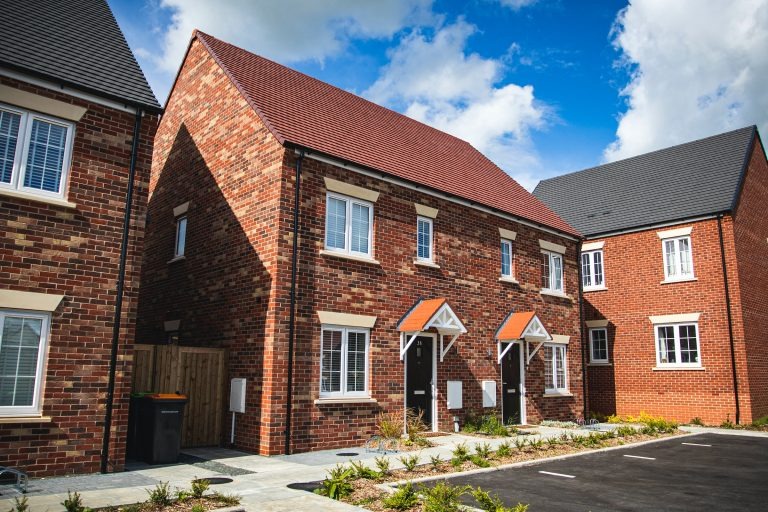Research Reveals Tenants Would Pay More for Low Carbon Homes

Recent research by Legal & General has discovered an acceleration in consumer demand for energy-efficient homes. Quadrant Smart highlights the findings from the report.
Conducted in partnership with YouGov, the research published by Legal & General has indicated that consumers are worried about the continuing rise of energy bills and are considering their carbon footprint in their factors when selecting a home.
Renters Would Pay 13 Per Cent Premium For Low Carbon Homes
Findings discovered that almost two-thirds (62 per cent) of UK households see more investment in energy-efficient homes as an attractive option to address the cost-of-living crisis.
When asked why they would buy or rent a low carbon home, 65 per cent of adults chose environmental factors such as reducing their carbon footprint or helping prevent climate change, while 37 of adults prioritise the cost savings that they would see from cheaper energy bills.
It was revealed that there has been a 34 per cent uptick in searches for eco-friendly homes, and buyers looking for a new home are willing to pay a 10.5 per cent premium for a low carbon property, with Gen Z future buyers willing to pay 20 per cent. When it comes to low carbon properties, renters have been found to be willing to pay a 13 per cent premium.
John Alker, Head of Sustainability at Legal & General Capital explained that a change is currently being seen because climate change and energy efficiency have risen right up the agenda for many people when it comes to choosing a home: “With buyers and renters prepared to pay a 10.5 per cent and 13 per cent premium respectively, energy efficiency and sustainability in homes make a material difference to the consumer.”
Not only does the research help to cement the business case for investors and developers to invest in low carbon homes, but the research also shows that clarity is essential to low carbon and energy efficiency.
John said that this clarity is needed because currently EPCs are not being completely understood: “Energy Performance Certificates are not well understood—they need reforming to better reflect real-world energy consumption and to help incentivise the adoption of low-carbon technology.”
We need to ensure that climate and energy considerations are central to the housing market.
Reducing Emissions And Saving Customers Money Are The Focuses
Legal & General have said that this assessment of capital value and rental premiums will provide useful guidance for developers, local authorities, and registered providers that are seeking or providing funding for environmentally-friendly developers in future.
Simon Century, Director of Housing at Legal & General Capital expressed that to achieve the UK’s net zero targets, seeing carbon emissions in the country decrease is crucial: “Today, approximately one-fifth of the UK’s carbon emissions come from homes. To achieve net zero by 2050, emissions from residential property must be reduced.
“Legal & General’s research shows that location, good insulation, and lower energy bills are the top three general criteria when selecting a property.”
For the first time, energy efficiency is now as important as the size of the property, a welcome change to the way consumers think about buying a home.
Simon revealed that by enabling all new Legal & General homes to be operationally net zero carbon from the end of the decade: “The emissions of many tonnes of greenhouse gasses will be avoided, whilst saving customers money and meeting the needs of both customers and investors who increasingly focus on sustainable solutions.”
More Clarity Is Needed On Energy Efficiency
However, despite this increasing consumer appetite, the research also found that only one in three ‘clearly’ understand EPCs for determining energy efficiency, suggesting that more clarity is needed about what makes a home energy-efficient to encourage adoption.
Therefore, these findings demonstrate a need for further guidance on the approach as to how more sustainable properties are valued and a review of current recognised metrics such as EPCs.
With trends now showing that green residential buildings could generate higher purchase and rental premiums, this could represent a major turning point in the way residential housing may be valued in the future.

